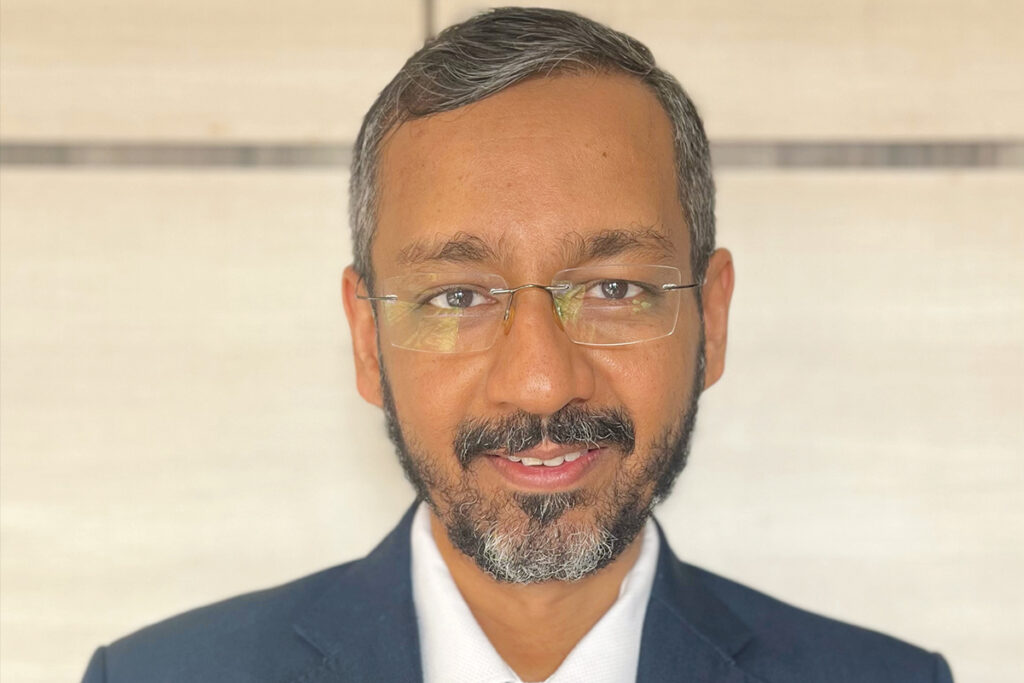With humanity hurtling headlong into an exciting future, what will tomorrow hold in store for us?
Words by Dr. Srinath Sridharan
As we move further into the 21st century, there are trends and discontinuities that will shape our global future. From technological advances to climate change, these factors will have a profound impact on our societies and economies. From technology advancements to shifting political systems, these changes will impact the way we live, work, and interact with each other. In an uncertain and rapidly changing world, it is essential to build resilience and prepare for a range of possible scenarios. This means investing in risk management and contingency planning, building strong partnerships and networks, and developing flexible strategies that can adapt to changing circumstances.
- The Rise of Artificial Intelligence (AI) : We live in a world where new technologies are being developed at an unprecedented rate, with breakthroughs in areas such as artificial intelligence, quantum computing. The rapid advancements in AI technology will continue to revolutionise the way we work, interact, and live. From self-driving cars to personalised medicine, AI will have a significant impact on various industries.However, with this rise of AI comes some concerns. There are fears that AI could replace human jobs and further widen the wealth gap. Additionally, ethical concerns surrounding AI’s use, such as privacy violations and biases, must be addressed.
- Increasing Complexity in the Global Market – Globalisation has led to an increasingly interdependent and interconnected world, with people, goods, and ideas flowing across borders like never before. While this has brought many benefits, such as greater access to goods and services, it has also created new challenges, such as the spread of diseases and the increasing vulnerability of economies to shocks. The rise of digital technologies has made it easier for companies to operate on a global scale. The emergence of new economic players, such as India and China, is changing the traditional balance of geopolitical power. Political instability, trade wars, and supply chain disruptions are some of the risks that businesses must navigate in this new era.
- Evolving Political Systems : The world is changing politically, and traditional political systems are evolving to keep up with the times. Authoritarian regimes are increasing, while democracies are facing challenges from within. The balance of power in the world is shifting, with rising powers like India gaining influence and challenging the dominance of traditional powers like the United States and Europe. This shift is likely to have far-reaching implications for global politics and economics, as well as for regional security and stability. It remains to be seen how the world, especially the multilateral institutions will adapt to this evolving political landscape.
- Medical Advancements : The field of medicine is advancing at an unprecedented pace. Breakthroughs in genetics, immunotherapy, and other areas of medicine are transforming the way we treat diseases. These advancements are providing new hope for patients with previously untreatable conditions.However, these advancements come with their own set of challenges. The high cost of new treatments and the ethical implications of gene editing are worrying issues that must be addressed.
- Changing Cultural Norms – Finally, cultural norms are changing rapidly, driven by demographic shifts and technological advancements. From the rise of social media to the growing influence of Generation Z, the way we communicate, consume media, and express ourselves is changing. Many countries are experiencing demographic shifts, with ageing population and declining birth rates. These trends have significant implications for everything from healthcare and social welfare to economic growth and innovation. As populations age, governments and businesses will need to adapt to meet the needs of an increasingly elderly population.
It is essential to understand and adapt to these changes to create a more inclusive and equitable society. Can it be a more resilient, sustainable, and equitable world for future generations?

Dr. Srinath Sridharan is an Author, Policy Researcher & Corporate Advisor, and has been a strategic counsel for over two decades with leading corporates across diverse sectors including automobile,e-commerce, advertising and financial services.
The past 13+ years that he had spent until recently with Wadhawan Global Capital included rich executive leadership roles. In his last role, he convened the Group Management Center(GMC), which worked towards enhancing business excellence and stakeholder value creation.
Srinath was the custodian of all business relationships in the current & prospective business areas across the global ecosystem. He also led the strategic development activities for the Group along with public policy initiatives. As part of his role, he also held board memberships across regulated / listed financial services entities across Housing finance, asset management, life insurance & general insurance space.


